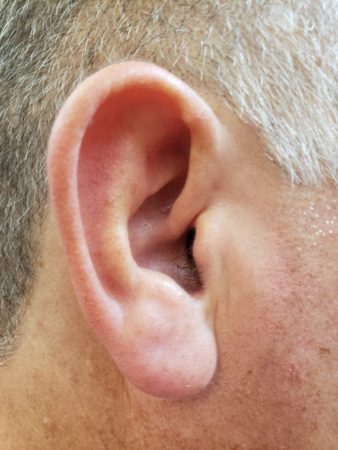The Caregiver’s Voice six article excerpts this month include good news for people who are over age 80 (some have the brain agility of 20-somethings) and over 65-years old (enjoy happiness per life’s U-shaped indicator). On the bad-news side of life, beware of scams via “convenient” cash apps. Also, can’t hear in a noisy room? It may foretell dementia. Do you feel anxious, lately? It may not be in your mind. Finally, six brain-damaging habits to quit, including multi-tasking.
If you suspect a scammer sent you money, what should you do next?
Let’s say a scammer sent you money using a convenient cash app like Zelle. What should you do? What if the person who sent you the money wasn’t a scammer but was instead confused? Read this twice over a week to digest how difficult it is, if at all possible, to straighten out the mess. Convenient money-exchange apps like Venmo may not be convenient when things go wrong. Read Elliot Advocacy’s five tips.
Age 20-Something Memories of SuperAgers
Some people between the ages of 61 and 81 are able to remember like a 20-year-old. Their brains function more efficiently than others their age. One common reaction of SuperAgers is to rise above and see the best in a situation regardless of how stressful it may be. Click on the article link for four brain benefits of exercise.

Difficulty Hearing Speech in Noisy Rooms May be Early Sign of Dementia
A study published in the journal Alzheimer’s & Dementia suggests that problems with hearing speech in a loud social environment could be an early sign of dementia. Researchers analyzed 11 years of data on 82,000 people over age 60 who had good cognitive health at the beginning of the study.
Anxiety Is in Your Body, Not Your Mind
There’s a difference between our thinking brain, responsible for reasoning and memory and our survival brain, which handles our emotions and stress. When we spot danger, it’s our limbic system (survival brain) that reacts in “fight or flight” mode. “Modern-day humans are basically a bunch of freaked-out Neanderthals in fight-or-flight mode 24/7.” Using our thinking brain to overcome anxiety is not the best answer. When we’re having a stress response, we must use our senses to help our survival brain feel safe. How? Click on the article.
Why Older People Are So Much Happier
Finally, some good news for people who are older than 65. After family and work responsibilities during midlife, the U-shaped life-happiness indicator shows a rise in happiness as we grow older. Fewer negative emotions.
[TCV Update 2/17/2023: URL updated—may be a repost by a content aggregator and not by the original author; but the content is there.] Among the damaging habits is the once-admired multi-tasker found to actually perform tasks more poorly than those who use the power of focused concentration to complete one task at a time. “Research has found that the people who multitask have less density in the anterior cingulate cortex, a region responsible for empathy and cognitive and emotional control.” Two other brain-damaging habits include blasting loud music and watching reality shows (junk food for the brain).








